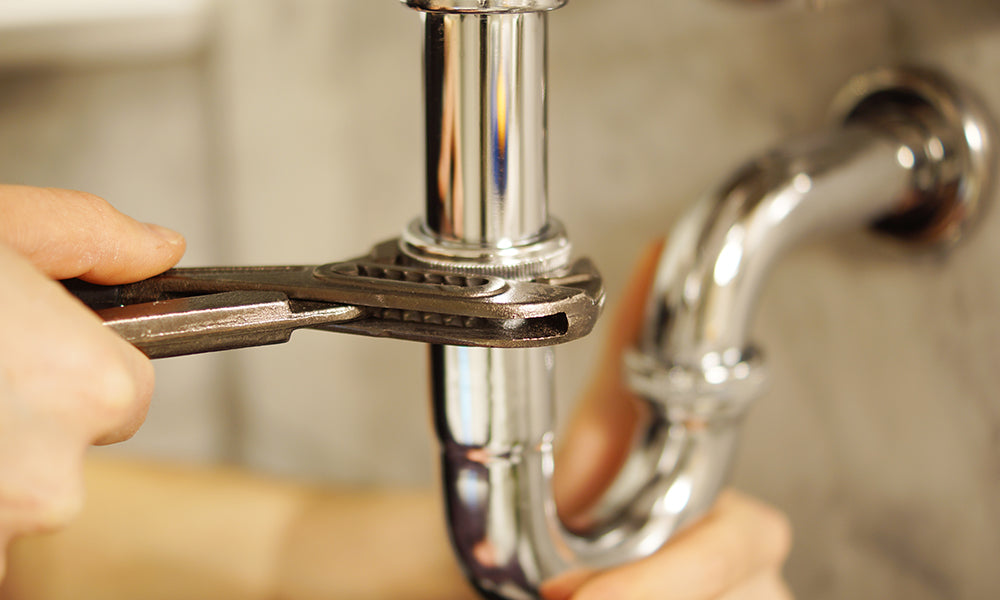How to Spot Plumbing Problems in Your Miami Home Before They Get Worse

Living in Miami offers countless advantages: gorgeous weather, ocean views, and an exciting mix of cultures. But behind the scenes, the tropical climate and older housing infrastructure can create the perfect conditions for plumbing problems to develop. Unfortunately, these issues often start small and unnoticeable—until they become costly disasters.
Even minor plumbing problems can cause major headaches if ignored. Luckily, many of these issues show early signs—if you know what to look for. By learning how to spot these warning signals and knowing when to call a trusted Miami plumber, you can save yourself time, stress, and money.
1. Unusual Water Stains or Discoloration
Water stains on ceilings or walls often signal a leak behind the surface. In Miami, where summer rains are frequent and roofs or pipes can age quickly, even a minor leak can turn into major water damage. Brown, yellow, or rust-colored stains—especially if they continue to grow—are clear red flags.
Sometimes these stains are accompanied by bubbling or peeling paint. That’s a sign the moisture is trapped behind the surface and beginning to impact your home’s structure.
What to do: Check ceilings under bathrooms or laundry areas regularly. If you see signs of staining, don’t just paint over them—have the area inspected for active leaks first.
2. Changes in Water Pressure
A sudden or gradual decrease in water pressure could indicate a hidden issue. While it could be something as simple as sediment buildup in a faucet, it might also be caused by pipe corrosion, small leaks, or even a cracked pipe underground.
Older homes in neighborhoods like Little Havana or Coconut Grove may have galvanized steel pipes, which corrode over time and restrict water flow. Meanwhile, homes closer to the coast may experience mineral buildup or salt exposure that affects plumbing lines.
What to do: Check the water pressure in all areas of the house. If the issue is isolated to one fixture, clean or replace the aerator. If it’s throughout the house, you may need a plumber to assess your entire system.
3. Persistent Slow Drains
It’s easy to dismiss a slow-draining sink or bathtub, but repeated clogs or sluggish drainage usually means there’s a deeper issue. It might be tree roots invading your main sewer line—especially if your home has older landscaping—or a blockage forming in your drainpipes.
If multiple drains in your home are slow at the same time, it’s more than likely a systemic issue rather than just a local clog.
What to do: Try natural remedies like baking soda and vinegar before reaching for chemical drain cleaners, which can damage pipes. If the problem persists, call a plumber to inspect your drainage system.
4. Unpleasant Odors
Miami’s humidity can already make homes feel musty, but if you’re smelling foul odors from your drains, that could indicate a more serious problem. Sewer gas smells coming from sinks or floor drains usually mean the drain trap has dried out or there’s a crack in the sewer line.
This is particularly concerning in homes that sit vacant for long periods or have bathrooms that are rarely used.
What to do: Pour water into unused drains every few weeks to maintain water levels in the traps. If the smell remains, call a professional to check for a venting or sewer issue.
5. Spiking Water Bills
If your water usage hasn’t changed but your bill keeps rising, there may be a hidden leak somewhere in your system. Small leaks in walls, under slabs, or even outdoors can waste thousands of gallons of water over time.
Miami’s high humidity and sandy soil make it easier for water to seep into unnoticed areas, causing unseen damage until it becomes expensive to repair.
What to do: Turn off all water in your home and check your water meter. If it continues moving, you likely have a hidden leak that needs immediate attention.
6. Noisy Pipes or Fixtures
Pipes that rattle, clang, or produce a loud banging sound when water is turned off may be suffering from “water hammer.” This happens when the flow of water suddenly stops or changes direction, causing pressure to shake the pipes. Over time, this can loosen connections or even crack joints.
Hearing gurgling sounds in your drains can also signal a blocked or poorly vented pipe, allowing air to become trapped in the system.
What to do: Don’t ignore unusual sounds. Have a plumber inspect your pipe supports, pressure regulators, and venting system.
7. Mold or Mildew in Unusual Areas
In Miami’s humid climate, mold is always a concern. But if you start noticing mold or mildew near plumbing fixtures, under cabinets, or around baseboards, it may be a sign of a hidden leak. Water behind walls or under flooring provides the perfect breeding ground for mold.
Left unaddressed, this can cause structural damage and health issues, especially for people with allergies or respiratory conditions.
What to do: Address any visible mold right away and look for the moisture source. You may need a plumber to open walls or inspect behind cabinetry to find the leak.
Conclusion
Plumbing problems in Miami homes aren’t uncommon—but they don’t have to be catastrophic. The key is to stay vigilant. By regularly inspecting your home and acting at the first sign of trouble, you can prevent minor issues from turning into costly repairs. While DIY plumbing repairs can help with simple fixes, knowing your limits is crucial—some problems require professional expertise to avoid making things worse.
Whether you own a classic Miami Beach home or a high-rise condo in Downtown, paying attention to your plumbing can protect your investment and your peace of mind. Don’t wait for an emergency. If you suspect something’s wrong beyond what DIY plumbing repairs can handle, reach out to a licensed local plumber for a thorough inspection.














